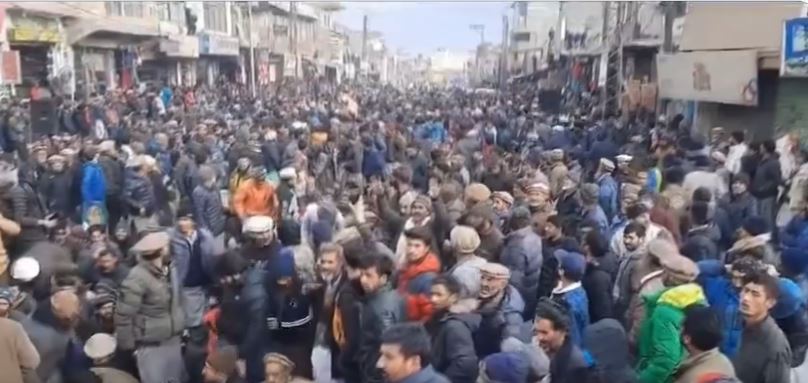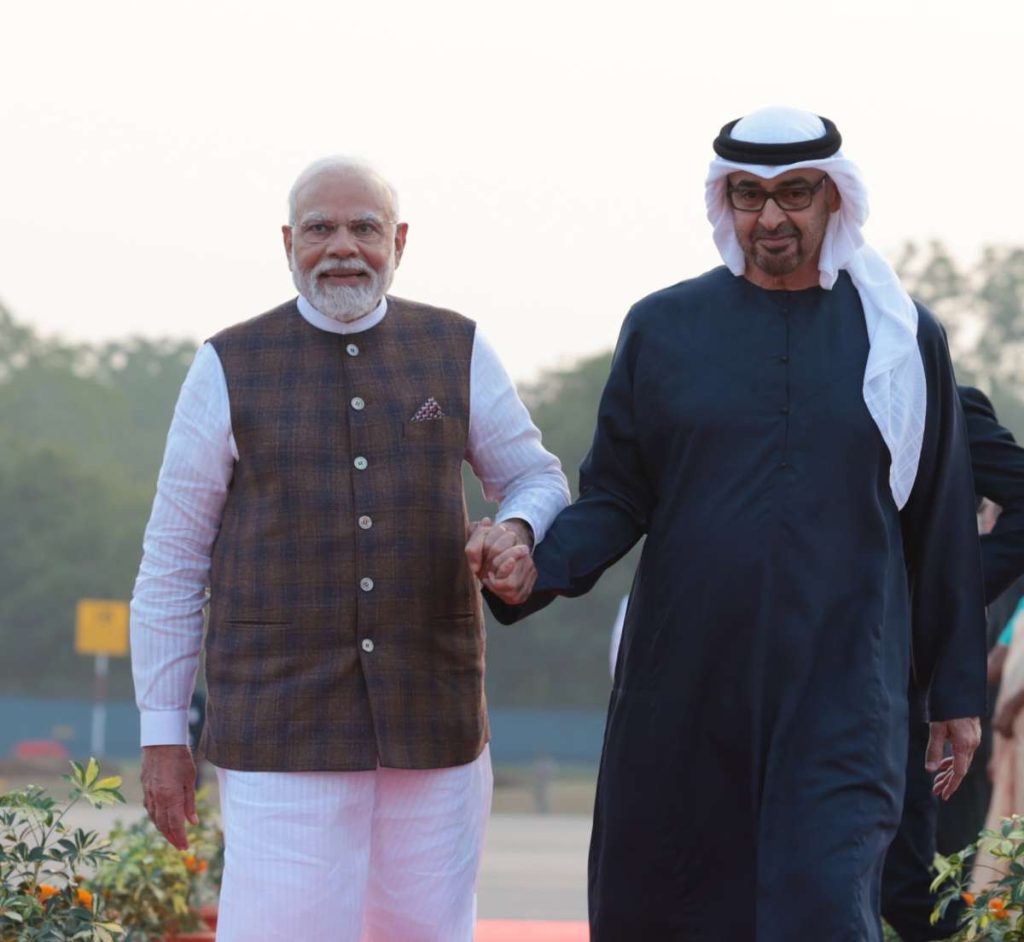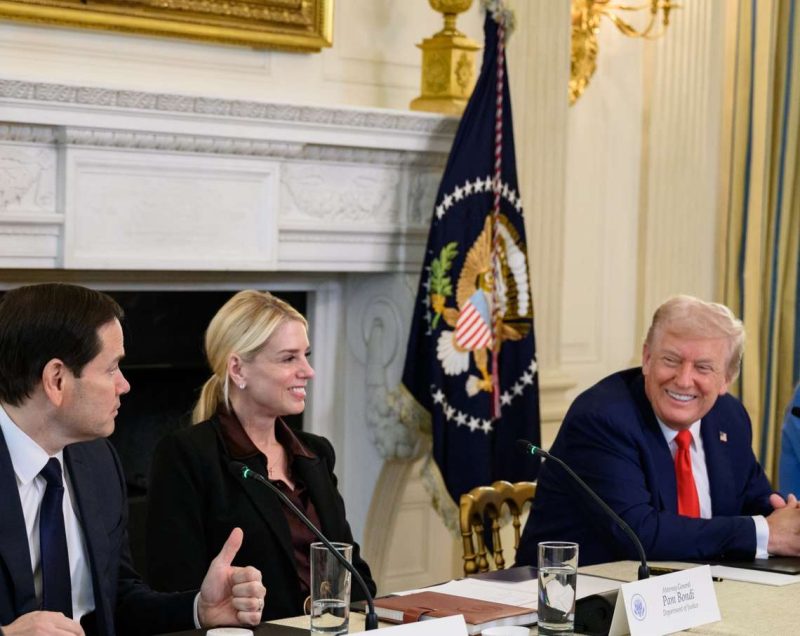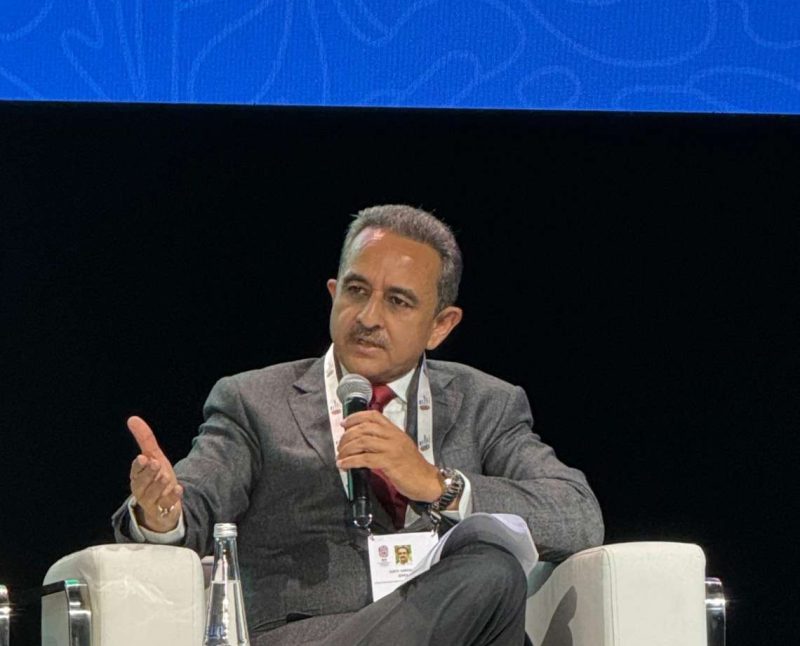Would restoration of wheat subsidy in Gilgit-Baltistan end the headache for Pakistan? With its economy in doldrums Pakistan also has very limited financial elbow room to bribe its way through. Left with not much of soft options Pakistan Army may end up doing what it does best, that is use repression. This would end up making the lives of people in GB extremely miserable. If the scale of the recent protests is any indication, the people of GB are unlikely to take this lying down anymore
The history of Gilgit-Baltistan (GB) is mired in pain and confusion. Taking advantage of the haze of war focused mainly on Kashmir valley, Pakistan surreptitiously occupied GB in 1948. Being an illegal occupation, Pakistan has neither been able to give all the constitutional rights due to a citizen to the people of GB nor declare it a province. It has tried to keep a lid on these ‘peripheries’ either through bribes or through punishment. With unprecedented financial hardships in Pakistan, now proverbial carrot is gone and people are left with more and more of sticks.
The latest stick came in the form of the withdrawal of wheat subsidies leading to an increase in wheat prices from Rs. 20 to Rs. 52 and then a partial reduction to Rs. 36. This nearly 75% increase in one stroke started widespread protests and demonstrations. Wheat subsidy was one of the subsidies provided on 28 essential items like oil, gas, PIA tickets etc to the people of GB. They were granted by ex-Prime Minister of Pakistan, Zulfikar Ali Bhutto in 1970s in view of adversities associated with the region like its disputed status, high poverty index, lack of industries, less agricultural land etc.
As time passed, all subsidies were withdrawn except subsidies on wheat. In the last nine months, the price of wheat has increased. Being mired in poverty, a large segment of people in GB find wheat subsidies related to their survival. Its withdrawal gets accentuated as the region neither has constitutional rights nor any real legislative powers. They also believe that budget allocation for subsidy can be easily made if corruption and freebies at higher levels of governance and armed forces can be curbed.

Withdrawal of wheat subsidy proved to be that proverbial straw which broke the camel’s back. With long pending resentment bottled up, people came out of their homes in the cold, every day continuously for more than a month. Frustrated with the unchanging government stance, they escalated their protest and held a complete shutdown and wheel-jam strike with the support of advocates, traders, transporters and hotel owners. Finally, with mounting pressure and national elections around the corner, the government decided to withdraw its decision and restore the wheat subsidy partially and bring the rate back to Rs. 20. But the cat is out of the bag now. This decision has not solved the problem and the people of GB are coming up with ever-increasing demands, some of which challenge the very basis of Pakistan’s relationship with GB.
Awami Action Committee (ACC), an alliance of several political and religious parties and civil society organisations, which is spearheading the protests, wants restoration of the previous price prevailing in 2022, ie Rs. 7.50 per kg, and hence rejected the notification. The Alliance announced that they have come up with a ‘15 points charter of demand and not for a sack of wheat. To placate the protestors, the GB government has suspended taxes imposed through the Finance Act 2023, which was one of the demands. But that still leaves 13 demands unmet. Apart from more mundane demands like cheaper electricity supply, some of these demands challenge the foundations of Pakistani claim on GB. Demands like setting up of constituent assembly to replace the existing GB assembly or domicile rule which helps settle ‘outsiders’ (read Punjabi Sunnis in Shia-dominated GB) or land acquisition for Chinese projects are something that Pakistan cannot possibly accommodate. As of now, ACC has postponed its protests for three weeks, following assurances from the government to address their demands within this time frame. So, what are the options before a new federal government is expected to be formed post-election?
Pakistan may think of merging it and making GB one of its provinces, thereby settling any confusion about its status. But that will fly in the face of its historical stance that the status of Jammu and Kashmir is disputed which needs settlement as per the UN Security Council resolutions. Though this is a traditional demand of the people of GB, it may not be sufficient now as a lot of water seems to have flown into the river Indus since. With better living conditions across in India, the people of GB are also looking towards Kargil and Leh and understanding what is denied to them despite historical trade and cultural ties. With its economy in the doldrums, Pakistan also has very limited financial elbow room to bribe its way through. Left with not much of soft options Pakistan Army may end up doing what it does best, that is use repression. This would end up making the lives of people in GB extremely miserable. If the scale of the recent protests is any indication, the people of GB are unlikely to take this lying down anymore.









